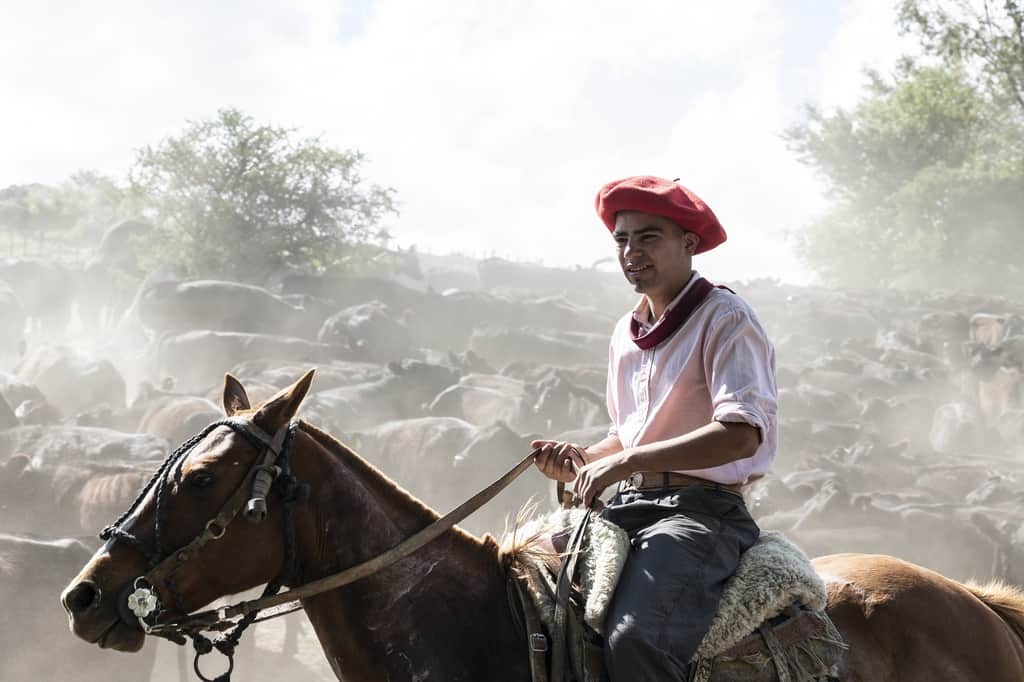Scottish scientists are set to work with South American farmers to help reduce the carbon footprint of a country with one of the highest levels of beef consumption in the world.
Scotland’s Rural College (SRUC) has signed a Memorandum of Understanding with the National Agricultural Technology Institute (INTA) of Argentina, a country in which more than 100lbs of beef per capita is eaten every year. This compares to 24lbs of beef in the UK.
Argentina has around 53 million cattle, the sixth highest total in the world, accounting for more than 5 per cent of the cattle on Earth. The total number of cattle in Scotland is 1.6 million.
The MoU will see SRUC scientists share information on sustainable management practices as well as technological innovations in food production.
It is hoped the agreement will increase the use of digital tools and protocols for estimating the carbon balance of food production in Argentina, with a particular focus on the extensive nature of the country’s cattle systems.
The agreement also means INTA is renewing the commitment it has been developing with other institutions from different countries in terms of innovation systems in the digitalisation processes of agriculture as well as in the adoption of 4.0 technologies which add value to production.
This includes the use of drones, robotics, remote measurements to monitor crops, livestock, soil conditions, and satellites to monitor climate. These help to optimise agricultural practices and to be more effective and efficient, as well as support decision making, investment and the policies it promotes.
SRUC, meanwhile, will benefit from access to a wide range of production systems in geographical areas ranging from the sub-tropical, humid Pampas and arid mountains to the Patagonian Desert.
An online meeting between the organisations focused on achieving net zero in livestock production, which covered baseline measurements for carbon stock and emissions, breeding for low emissions, genomics and SRUC’s GreenCow facilities.
A second online event focused on the adoption of agri-tech and considered all aspects of food production as one system. Future funding opportunities for joint collaborations will also be sought by both organisations.
Teresa Shutter, Head of SRUC’s Innovation Hub, said: “This initiative opens new opportunities to partner in our efforts to reach net zero food systems and preserve our global natural environment.”
Dr Guillermo Sanchez, Manager of Institutional Relations at INTA, said: “We are delighted to sign this Memorandum of Understanding with SRUC, which gives us an excellent opportunity to gain better knowledge of sustainable management practices and technological innovations in food production.”





